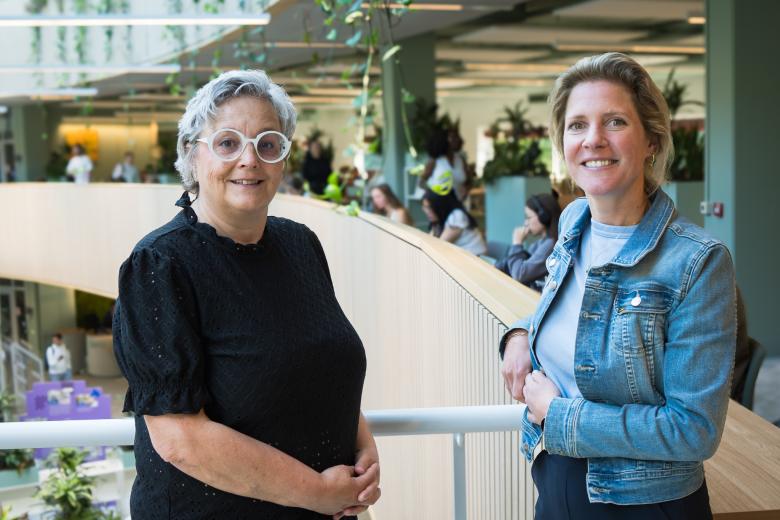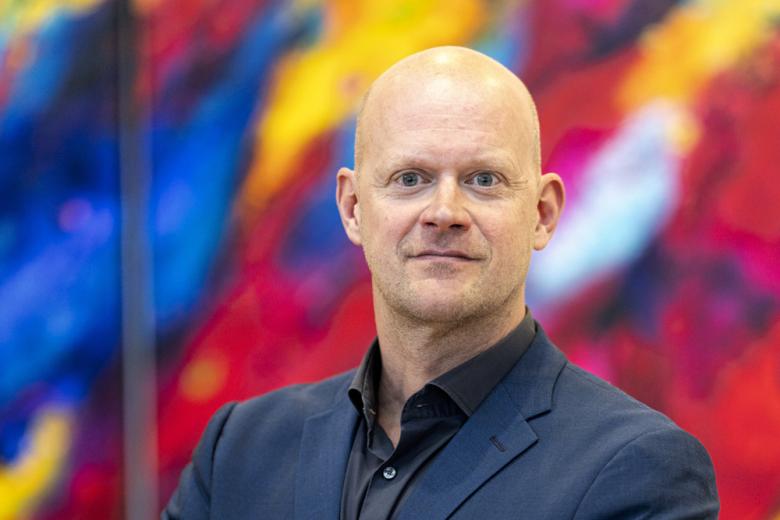How to find (and keep) your moral research compass in interdisciplinary research projects
Everyone has read the stories about individual cases of scientific misconduct. But research projects are rarely performed by just one researcher, it is often a collaboration between several researchers coming from different disciplines and research schools. Which means not one but several views on what it means to do good science. Could this cause extra threats to scientific integrity? Maybe lead to inefficient cooperation, avoiding innovation, unfounded questioning of integrity and credibility or even conflict?
How do interdisciplinary scientific collaborations define research integrity and good science? And how do they deal with differences that occur?
Dr. Bart Penders - Assistant Professor Metamedica at the Faculty of Health, Medicine and Life Sciences - hopes to find answers to these questions within his research project Integrity in Interdisciplinary Research Collaborations. His goal: ‘to document the moral spaces diverse groups of scientists occupy and the ways in which they are bridged in practice, thereafter sketching a moral topography of science’. Penders got a €150.000,- funding from ZonMW (a national funding organisation for health research and development). With this money he will assemble a team to conduct an in-depth qualitative study of three research collectives (the Academy of Midwifery, the KOALA Birth Cohort and the Dutch Academy of Nutrition Science) that are characterised by collaborative working modes and interdisciplinary contexts.
Also read
-
Study Smart gets Dutch Education Premium
Maastricht University's (UM) interfaculty educational innovation project Study Smart is one of the three winners of the Dutch Education Premium 2025. This was announced on Tuesday during the Comenius festival in The Hague.

-
Randwyck Library and the river of knowledge
Monique Notermans and Meike Kerkhofs-Welkenhuizen witnessed the vision behind a modern library come to life.

-
Is the risk of cancer the same for everyone?
Valery Lemmens (GROW) conducts research on cancer, prevention, and how society is designed for making unhealthy choices.
